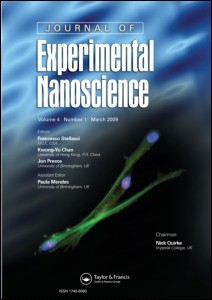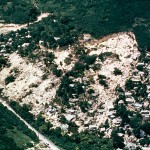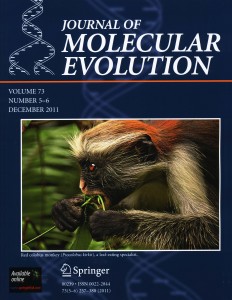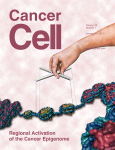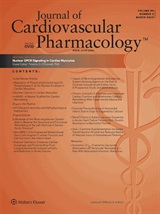 Alfredo Fusco, the researcher in Italy who is under criminal investigation and has had seven papers retracted, has lost yet another study.
Alfredo Fusco, the researcher in Italy who is under criminal investigation and has had seven papers retracted, has lost yet another study.
The investigation, which came to light in late 2013, had focused on eight papers thought to demonstrate evidence of image manipulation.
The latest paper, in the European Journal of Cancer, studied mice with a genetic alteration associated with lipomas (benign fatty growths) in humans.
Here’s part of the notice for “Expression of a truncated Hmga1b gene induces gigantism, lipomatosis and B-cell lymphomas in mice”: Continue reading Cancer researcher under investigation in Italy notches eighth retraction


